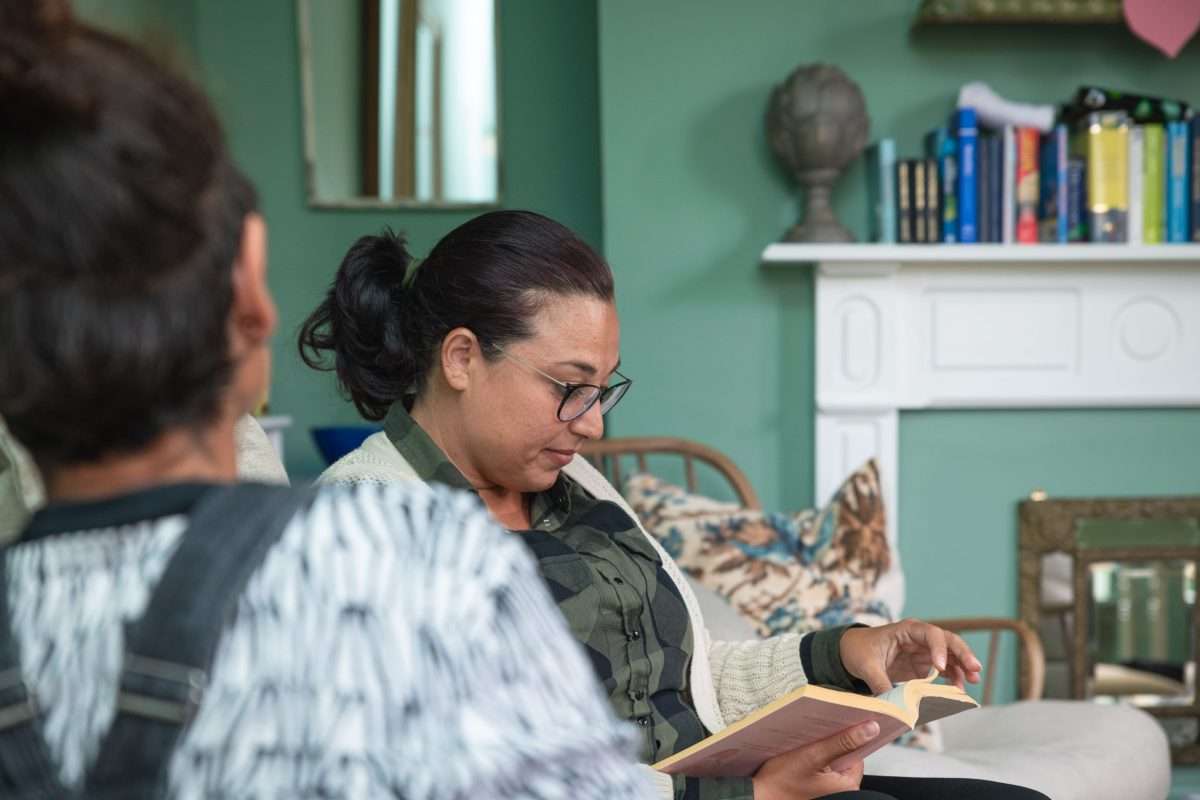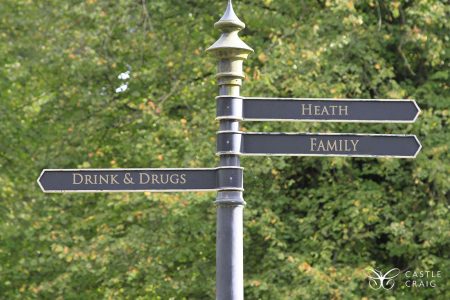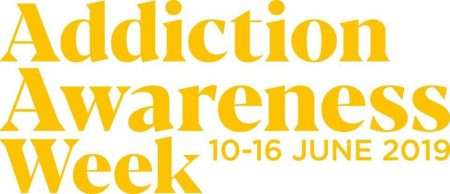Don’t say ‘Junkie’ – removing the stigma of addiction
In 2021 the Scottish Government launched a national campaign calling for drug and alcohol problems to be treated as a health condition and urging people to stop using words such as “alcoholic” and “junkie”.
Rehab Costs & Options for Alcohol | Drugs | Other addictions
2021 Public Health Minister Maree Todd said:
“We want to make it easy for people to ask for help. We know that passing judgment on people who are looking for help and support can harm their recovery. When people are seeking help with alcohol and drugs, kindness and compassion saves lives.”
Why has the Government launched this campaign?
The Government has acted as part of an effort to reach out to more addicted people and encourage them to come forward to ask for help.
It considers that those struggling with drugs problems are deterred from seeking help because they feel stigmatised and fear being treated with disrespect and marginalised even more.
A kinder approach, they say, will result in more interaction between drugs agencies and those in need.
“By addressing stigma, and the silence and alienation it causes, we make it easier for people to seek help and that is to the benefit of each and every one of us.” (Drugs Policy Minister Angela Constance in 2021).
The Scottish Government are to be commended on introducing this campaign ahead of other UK countries.
Perhaps the alarming statistics for drug misuse in Scotland have hastened their resolve. Scotland’s drug-death rate was over three and a half times that for the UK and higher than any other European country.
Drug and alcohol death statistics Scotland
In 2020, there were 1,339 drug-related deaths registered in Scotland. This was 5% more than in 2019, and the largest number since records began in 1996. Deaths have increased substantially over the last 20 years – there were 4.6 times as many deaths in 2020 compared with 2000.
How the stigma of drug and alcohol use is damaging to people suffering from addiction.
There is a common perception among members of the public that alcohol and drug dependence is linked to low moral fibre and a ‘bad attitude.’ Some people are of the opinion that all one needs in order to quit, are common sense and willpower.
Highly entertaining and widely watched films such as ‘Trainspotting’ reinforce this view on the public. Such films leave audiences with the common image of an addicted person as idle, unproductive, morally bankrupt, demanding and self-centred.
They also depict the petty criminality that users can resort to, in order to feed their habit.
Depicting drug use as a lifestyle choice does not help either.
In Trainspotting, the addicted hero Mark Renton says: “I chose not to choose life. I chose something else.” Later, he goes through the pain of quitting, but relapses. He chooses to go back to heroin for ‘pleasure’.
Not everyone is unsympathetic of course, and many are quite simply ignorant of the true nature of addiction because they have never been touched by it. Lucky them! Sadly, there are still some in this supposedly enlightened age, whose opinions come close to saying that addicts’ deserve to suffer.’
The reality of addiction
The reality of drug use on the streets of most UK cities is somewhat different. The internal conflict that an addicted person experiences on a daily basis, between wanting to stop the misery but craving the drug, causes huge stress, feelings of inadequacy and powerlessness.
Nobody chooses to become addicted but finding the motivation and the right sort of help to quit, when you’re ‘rattling’ after a night’s using, out on the streets, is quite another.
“We are a culture that does not know how to treat its addicts” (Russell Brand)
Entertainer and recovery advocate Russell Brand is a vocal promoter of the view that a more sympathetic and understanding approach to addiction would result in benefits for all.
As someone recovering from addiction himself, Brand reflects the view of many professionals in the field that addiction is a disease that should be addressed in exactly the same way as any other life-threatening disease: with timeous, sympathetic and positive care administered under medical supervision.
Stigma affects family and friends
“Stigma is damaging not only to the individual in terms of their mental health and sense of self-worth, but it also discourages them from coming forward to get the help they need. We must remember that people with a substance use problem are family members, neighbours, friends and colleagues,” says Drugs Policy Minister, Angela Constance.
Those close to someone in active addiction can be driven to extraordinary lengths in hiding the problem, for fear of the stigma that surrounds misuse of substances.
Family members often enable the user to continue their habit by, for example, giving them money or making excuses for their absentee behaviour. The whole family can be drawn into this kind of negativity which can sometimes impinge on whole neighbourhoods.
Calling people’ junkies’ and ‘alkies’ creates a divisive society.
Labelling people with derogatory names simply makes them feel victimised, isolated and far more reluctant to seek help.
Addiction stigma could be lessened if celebrities with addiction issues were treated differently by the media. Instead of mocking them as though their addiction was an unwise choice that they should not have made, an attitude of understanding and compassion could help the public to understand the true nature of the problem. It has been suggested that some celebrities who have overdosed recently might not have reached out for assistance because they felt too ashamed and unable to deal with the likely public reaction.
Understanding leads to change
When the public does understand the problem correctly, their attitude might also play an important role in changing public policy, eventually leading the Government to re-design the laws surrounding addiction to focus on help, prevention and finding ways to prevent deaths.
People might then stop feeling that their inability to get better or to stop using is their fault, rather than because they are sick. This Scottish Government Initiative is a step in the right direction.
Get in touch today
To find out how we can help you, please telephone Castle Craig on our Helpline: 01721 728118 or click here to arrange a free addiction assessment or here for more information.
You’re almost there.



